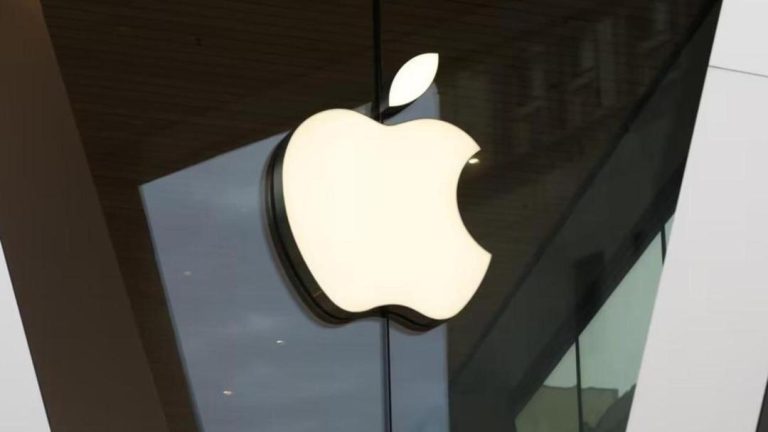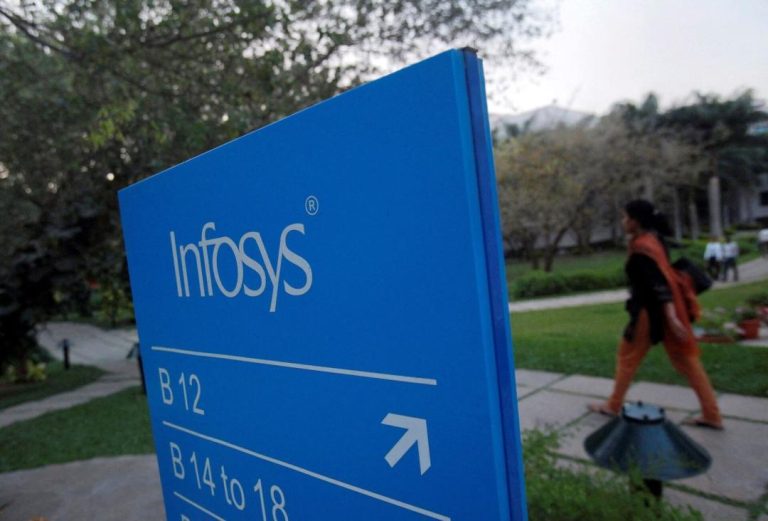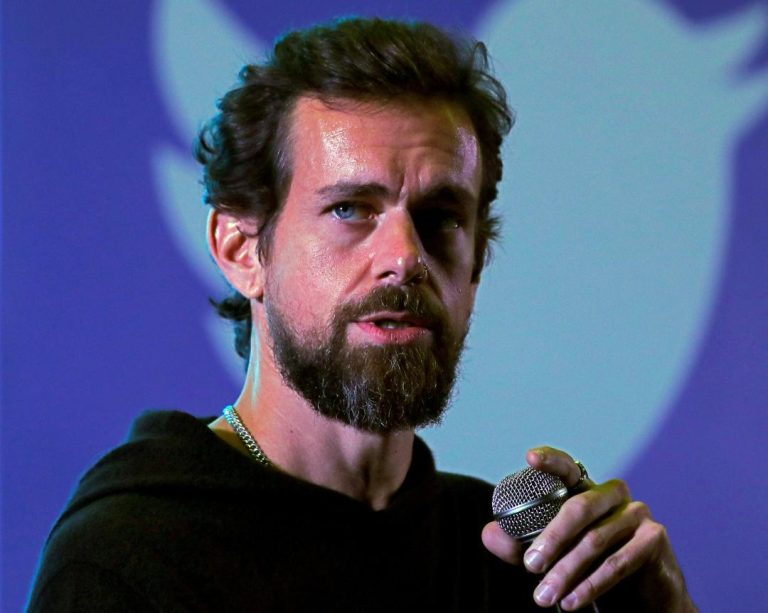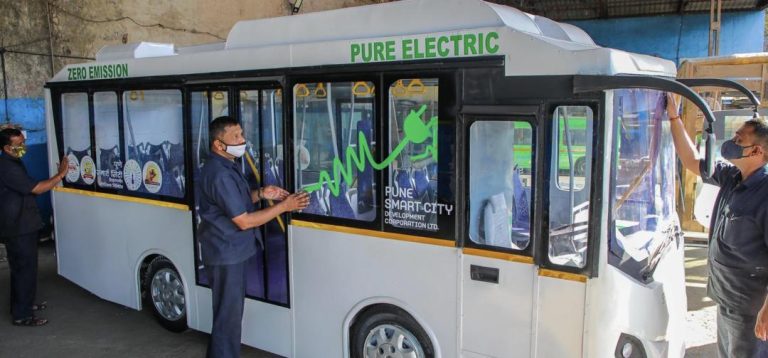
Adani Bets Big on PVC as India Eyes Import Substitution
India’s petrochemicals market is on the cusp of a significant transformation, with Adani Group’s entry into the PVC (Polyvinyl Chloride) manufacturing space set to disrupt the status quo. The company has announced plans to build a large PVC plant in Gujarat, marking its foray into the petrochemicals sector. This move comes at a time when India is grappling with the challenge of meeting fast-growing demand for PVC, with the country relying heavily on imports to fill the gap.
Reliance Industries currently dominates the PVC market in India, but experts say that the industry is ripe for disruption. Demand for PVC is outpacing supply, and the shift to domestic production now makes economic sense. By reducing its reliance on imports, India can not only save precious foreign exchange but also create jobs and stimulate economic growth.
The Indian PVC market has witnessed significant growth in recent years, driven by the increasing demand from various sectors such as construction, packaging, and automotive. The country’s population is projected to surpass China’s by 2027, leading to a surge in demand for goods and infrastructure. As a result, the need for PVC, a versatile and widely used plastic material, is expected to rise exponentially.
However, India’s ability to meet this demand has been hampered by its limited domestic production capacity. The country currently imports around 70% of its PVC requirements, with the remainder being produced by Reliance Industries and a few other players. This dependence on imports has made India vulnerable to fluctuations in global prices and supply chain disruptions.
Adani’s entry into the PVC market is expected to change the dynamics of the industry. The company has announced plans to invest around ₹10,000 crores in building a large PVC plant in Gujarat, which is expected to have a capacity of around 500,000 metric tonnes per annum. This will not only increase India’s domestic production capacity but also reduce its dependence on imports.
Expert opinions are unanimous that the shift to PVC production now makes economic sense for India. “The PVC market in India is growing rapidly, and the demand is outpacing supply,” said Dr. S. Srinivasan, a leading expert on petrochemicals. “Domestic production makes sense, not just from the perspective of reducing imports but also from the standpoint of creating jobs and stimulating economic growth.”
Adani’s decision to enter the PVC market is seen as a strategic move to diversify its business portfolio. The company has traditionally been strong in the infrastructure and energy sectors, but its foray into petrochemicals is expected to provide a new growth avenue.
The company’s experience in building large-scale infrastructure projects is expected to come in handy in constructing the PVC plant. “We have a strong track record of building large-scale projects, and we are confident that our expertise will enable us to complete the PVC plant on time and within budget,” said a spokesperson for Adani Group.
While Adani’s entry into the PVC market is expected to disrupt the status quo, it is not expected to significantly impact Reliance Industries’ market share in the short term. However, in the long run, the increased competition is expected to drive down prices and improve the overall efficiency of the industry.
India’s move towards import substitution in the PVC market is expected to have a positive impact on the economy. By reducing its dependence on imports, the country can save precious foreign exchange, create jobs, and stimulate economic growth. The shift is also expected to lead to the development of a more robust and efficient petrochemicals industry, which will have a positive impact on the overall economy.
In conclusion, Adani’s entry into the PVC market marks an important milestone in India’s journey towards import substitution. The company’s decision to build a large PVC plant in Gujarat is expected to increase domestic production capacity, reduce reliance on imports, and create jobs. As the Indian economy continues to grow, the need for PVC is expected to rise exponentially, and Adani’s move is likely to play a significant role in meeting this demand.
Source: https://youtu.be/yY610XPcfS4






